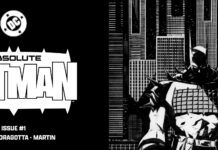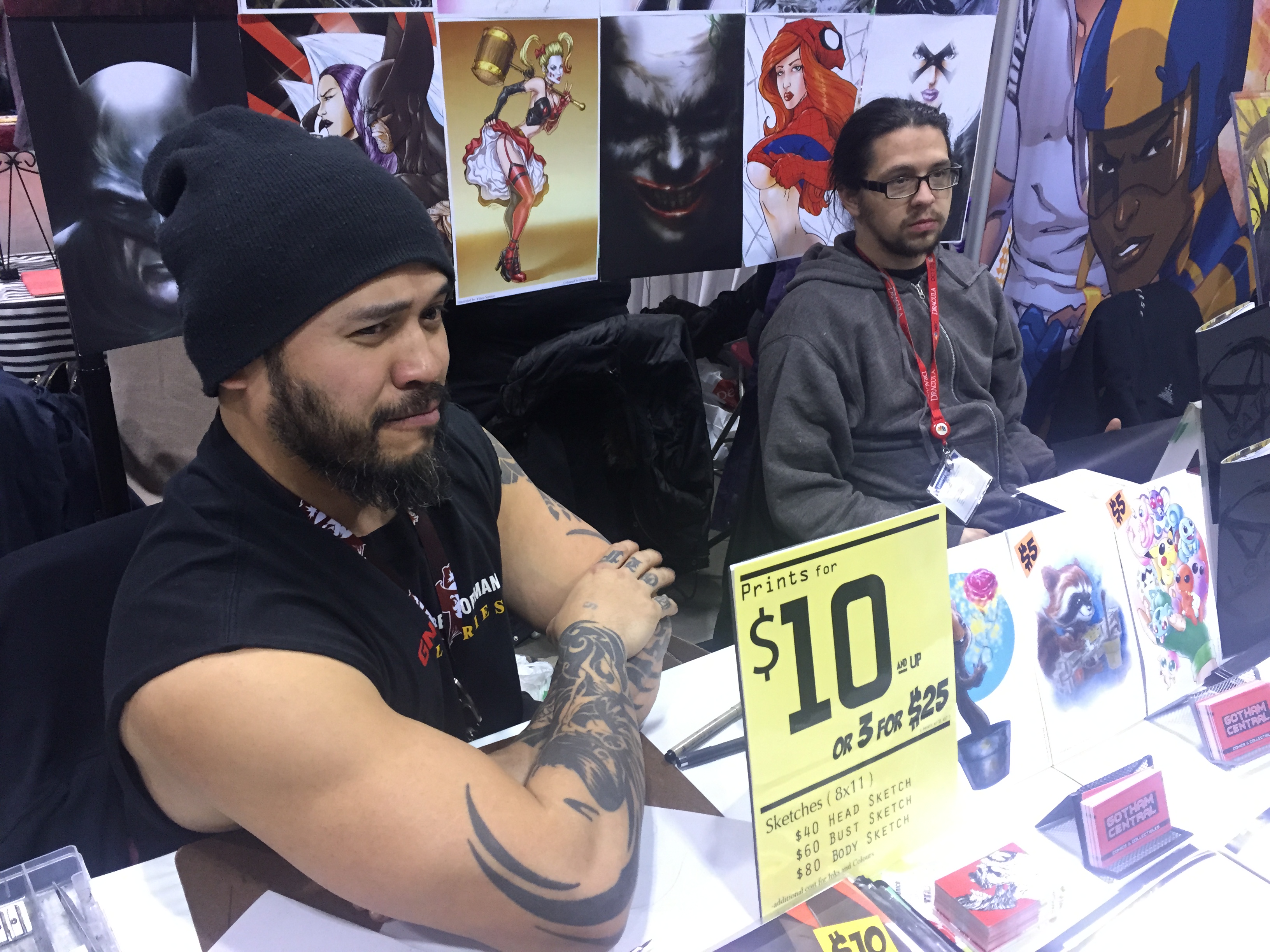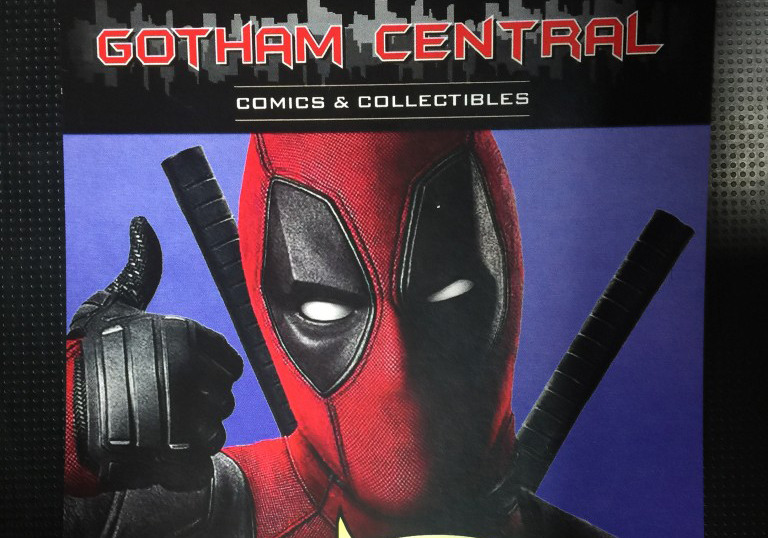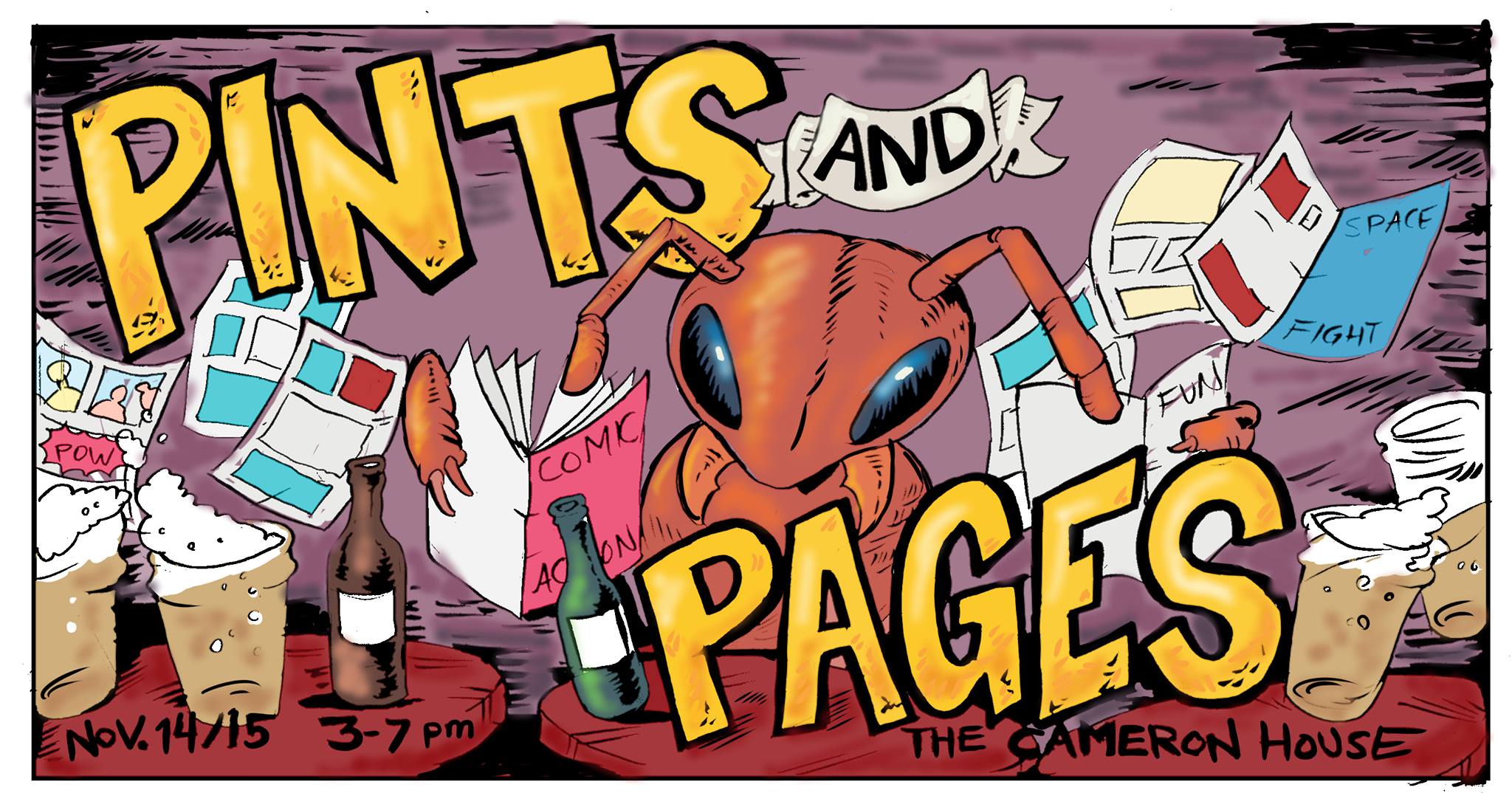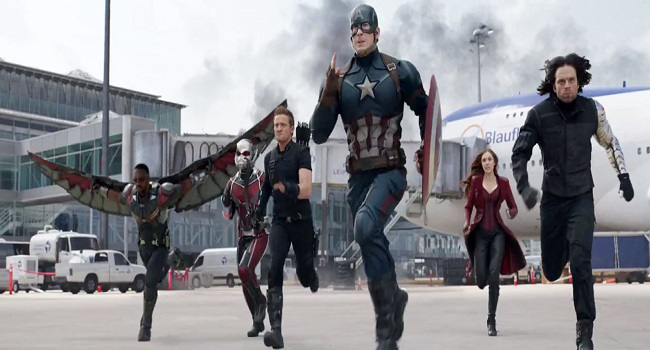 Are you Team Cap or Team Iron Man? This was the question heard among the faithful who braved the packed theatre to see Marvel’s latest blockbuster. While pledging allegiance to one particular fraction may cause rousing debates, and be a fantastic angle from a marketing standpoint, the fact of the matter is there are no positives in choosing side. If there is anything to learn from Captain America: Civil War, it is that by the time the “Us vs. Them” mentality arises, the battle is already lost.
Are you Team Cap or Team Iron Man? This was the question heard among the faithful who braved the packed theatre to see Marvel’s latest blockbuster. While pledging allegiance to one particular fraction may cause rousing debates, and be a fantastic angle from a marketing standpoint, the fact of the matter is there are no positives in choosing side. If there is anything to learn from Captain America: Civil War, it is that by the time the “Us vs. Them” mentality arises, the battle is already lost.
Unlike most superhero tales, where the bad guys are bent on world domination, the evil that exists in Civil War is not as easily identifiable this time around. The most dangerous thing in this film is not the brainwashed Manchurian Candidate style assassin on the loose, but rather an ideology. A concept so intricate that it has competing groups fighting over who best exemplifies its meaning. However, as is often the case with most ideological disputes, it is never simply a black and white issue. It is only when both sides are willing to wade through the murky middle that the true path will reveal itself.
Similar to the event in the comic series that the film loosely finds inspiration from, the bulk of Captain America: Civil War revolves around the world’s mightiest heroes dealing with the fallout of their reckless actions. When their pursuit of the mercenary Brock Rumlow (Frank Grillo) leads them to Lagos and results in the death of innocent civilians, the world leaders agree that it is time to put limitations on the freewheeling Avengers. This results in the Sokovia Accords, an international legislation that outlines the regulations for what type of situations superheroes can intervene in; a document whose very construction splits the once friendly heroes down the middle.
Supporting the need for the accord, Tony Stark (Robert Downey Jr.) feels that it is time for the heroes to be accountable and for their actions, especially since civilian lives are at stake. Even if it means following the same rules that other military forces around the globe are also bound to. On the other side of the coin is Steve Rogers (Chris Evans), a man who understands that there will occasionally be casualties when attempting to protect the greater good. Rogers fears that, by signing the accord, more lives would potentially be put in danger if they let governments dictate when they can and cannot spring into action.
Complications further arise when, on the day of the accord signing, a bomb goes off and Rogers’ former pal James “Bucky” Barnes is the key suspect. Determined to find Barnes before Stark does, Rogers and his colleague Sam Wilson (Anthony Mackie) embark on a globe-trotting journey that will ultimately test friendships and allegiances.
Juggling conflicting views in such a way where the audience can see valid points on both sides, while still crafting a thoroughly engaging film, directors Anthony and Joe Russo once again show why they are one of Marvel’s cinematic assets. In their skilled hands Captain America: Civil War offers all the thrills, spectacle, fun, and emotion that audiences hope for. By not feeling chained to the source material, the Russo brothers manage to bring genuine moments of surprise and depth to what could have easily been yet another run-of-the-mill comic book movie. However, Civil War feels fresh and full of life.
The film understands that audiences are very familiar with these characters and uses it as an advantage. Regardless of whether they are debating ideologies, or spewing amusing bantering back and forth while engaged in battle, the characters feel fully realized at all times. It is quite a feat that the film manages to not only balance the twelve heroes in the film, but gives each one their individual moment to shine. This is especially true for new characters to the Marvel Cinematic Universe, and scene stealers for that matter, in Peter Parker (Tom Holland) and T’Challa (Chadwick Boseman), who shine as Spider-man and Black Panther respectively.
In questioning the rights individuals and nations have when it comes to intervening in events occurring on foreign soil, the film subtly asks the audience to contemplate the nature of good and evil when defining what represents true freedom. Reminding viewers that every action has repercussions, the Russo brothers show that the battle will never truly be over for these heroes. In some ways they will always be the makers of the evil they fight against. Freedom comes at a price and in Captain America: Civil War it is a steep one.
One of the most satisfying superhero films in recent years, Captain America: Civil War delivers the type of experience that will have audiences coming back for more.
This review was originally posted on www.cinemaaxis.com.



